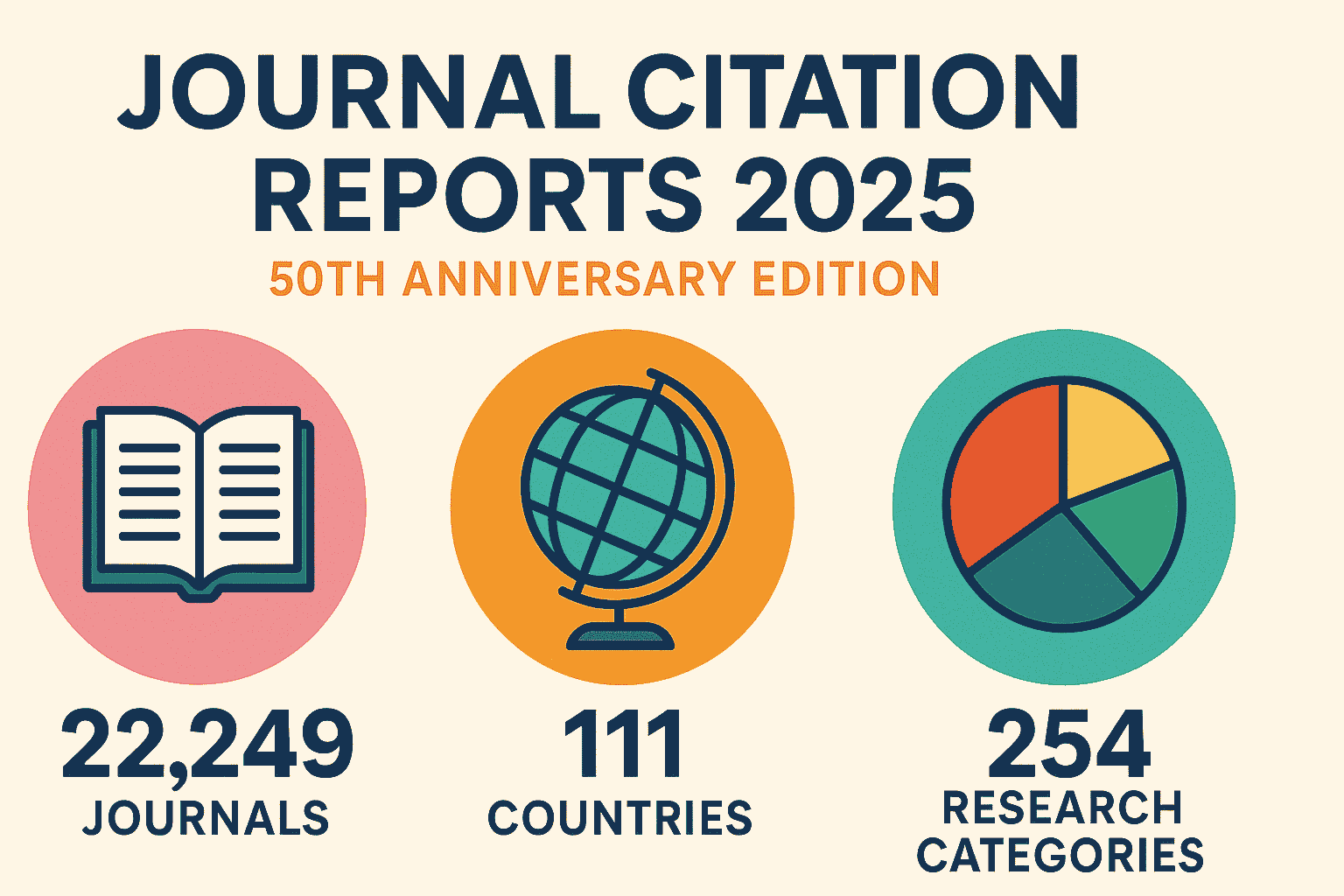Researchers from the University of Bath and the University of Bristol have, for the first time, successfully tested Fastball EEG technology in patients’ homes. A noninvasive brainwave test created at the University of Bath has Read More
Tags :Alzheimer’s Disease
Excess fat in brain immune cells weakens defenses against Alzheimer’s. Blocking fat storage restored their ability to fight disease. For many years, scientists believed that fat in the brain had little connection to neurodegenerative Read More
High-Fiber Diet Eases Alzheimer’s Symptoms by Calming Gut-Brain Axis, Study
Feeding the animals a high fiber diet reduced Alzheimer ’s-related frailty, including tremors. The gut houses the body’s largest population of immune cells. A new study from the Buck Institute has revealed that in Read More
Sleep may enhance the brain’s ability to remove harmful waste. Poor or disrupted sleep could raise dementia risk. The brain possesses its own system for removing waste, known as the glymphatic system, which is Read More
A landmark study has uncovered that a simple blood test could reveal early warning signs of Alzheimer’s years before symptoms appear. By analyzing blood biomarkers in more than 5,700 Hispanic and Latino adults, researchers at Read More
Virginia Tech scientists are probing how mitochondrial stress and calcium overload may cause Alzheimer’s to strike memory circuits first, offering clues to the disease’s earliest breakdown. One of the first parts of the Read More
Tufts researchers report that eight key nutrients may influence dementia, cardiovascular disease, and other health conditions. Eight vital nutrients form the group of B vitamins known as the B complex. Research at Tufts University and Read More
A large-scale study found that following a Mediterranean-style diet significantly reduces the risk of dementia, particularly in people genetically predisposed to Alzheimer’s. Mediterranean Diet Linked to Dementia Risk Reduction A new study led by Read More







